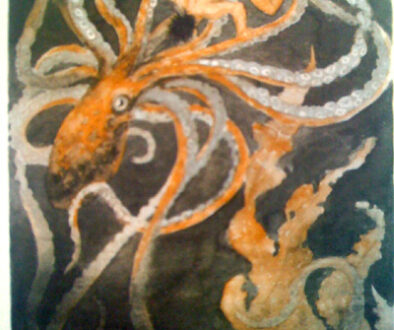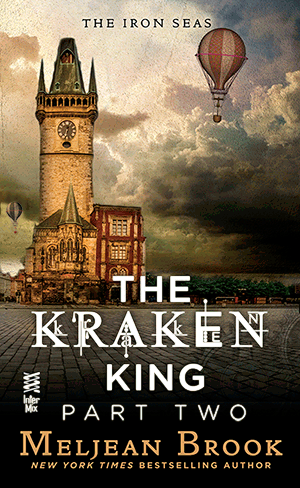Steampunk Q&A – Part 1
 A few days ago, I asked for questions re: steampunk so that I could make certain I covered/anticipated as much as possible during my RWA workshop in San Diego over the weekend (which was awesome, by the way — thank you so much to HelenKay Dimon and everyone in the chapter for making me feel so welcome!)
A few days ago, I asked for questions re: steampunk so that I could make certain I covered/anticipated as much as possible during my RWA workshop in San Diego over the weekend (which was awesome, by the way — thank you so much to HelenKay Dimon and everyone in the chapter for making me feel so welcome!)
Anyway, I promised to answer the questions here, too — and I’ll be taking them one-by-one or in pairs. Here’s the first.
DawnD asked:
1) what is steampunk, broadly?
Very broadly, it is historical science fiction. More specifically, it’s historical science fiction where the primary ‘advanced’ technologies are powered by steam engines or clockworks, or utilizes historical scientific theories in some fashion (even if they have since been debunked).
2) how does steampunk romance differ?
From other romances? It depends on the writer, I think. My version of steampunk romance is adventure-oriented; others focus on mysteries, or are very light and funny, or are erotic and dark. I don’t know that the romance itself is different from what you’d find anywhere else; certainly the world influences the types of characters, but it’s still about people meeting, facing some sort of conflict, and falling in love.
3) what attracts you to writing for this genre?
Aside from the fact that it is really, really fun, I love that I can do anything with it. There are rules, of course — I can’t just change the Iron Seas history now — but I can come at it from a million different perspectives and go anywhere I want to in this world.
4) Your books remind me of Victorian crime novels – I think Ann Perry or even Sherlock Holmes. Is that a conscious decision on your part (or my own construct entirely)?
For personal reasons, I haven’t read Anne Perry, so I can’t speak to any resemblance there. I think that for THE IRON DUKE, some resemblance to Sherlock Holmes is inevitable, though — after all, I had a detective in a Victorian-ish setting, and she had a sidekick that could easily be likened to a Watson. It probably isn’t difficult to find a bit of Poe in there, either, simply because they are both rolling around in my head and informing my idea of historical detectives.
Is it deliberate? Not really. When I look back and search out similarities, I can find them…but I’ll be very curious to see whether you still see a resemblance after reading HEART OF STEEL, which moves away from that detective mode (or it does to me, at least).



